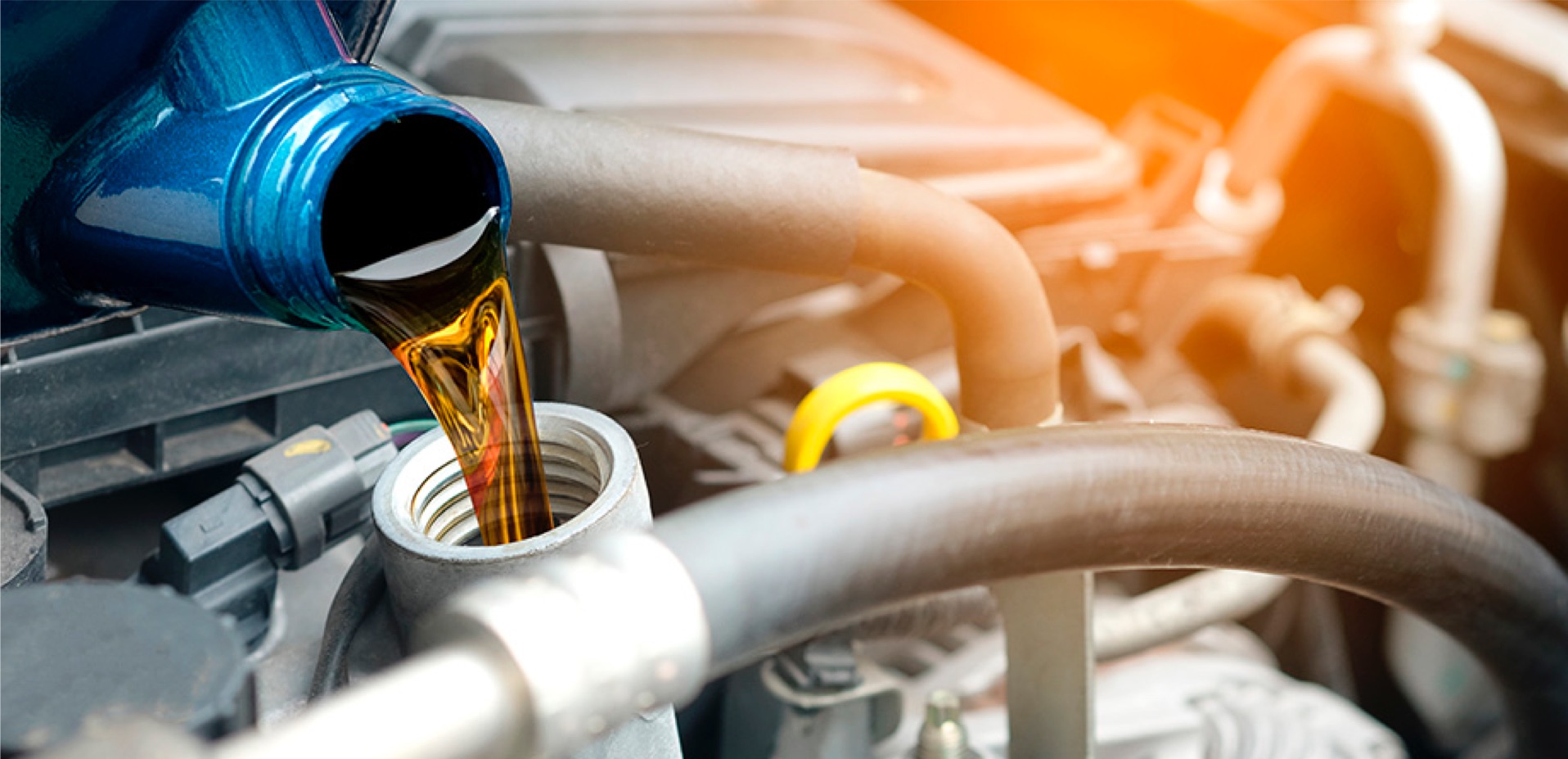Keeping up with routine oil changes is essential for your car’s long-term performance and health. Not only does it prevent engine seizing, but it also minimizes trips to the repair shop, enhances fuel efficiency, and ensures a smoother driving experience.
There isn’t a one-size-fits-all answer to oil change intervals anymore. Modern vehicles have individualized requirements to maintain peak performance, much like how they require specific types of fuel. The optimal schedule for oil changes depends on the unique specifications of your car, truck, or SUV.
Fortunately, manufacturers provide detailed guidelines for every model. This information is accessible to oil change technicians. Additionally, factors such as extreme temperatures, elevation, mileage, and the age of your vehicle can influence the type and frequency of oil changes needed.
When deciding on the best oil for your vehicle, consulting your local dealership is ideal. Certified technicians understand your vehicle’s needs and can factor in environmental conditions to ensure optimal performance.

The Top 7 Advantages of Regular Oil Changes
While an oil change is a simple and quick procedure, many drivers overlook it, considering it unnecessary maintenance. Here are seven compelling reasons to make regular oil changes a priority:
1. Enhanced Engine Efficiency
Fresh oil keeps your engine clean by removing dirt, debris, and sludge. Over time, failing to change the oil can lead to buildup that reduces engine performance. Routine oil and filter changes help maintain a high-performing, efficient engine.
2. Improved Fuel Economy
Clean oil ensures the engine runs smoothly, allowing for optimal fuel efficiency. This translates to better mileage and cost savings at the pump.
3. Extended Engine Lifespan
Contaminated oil increases friction and wear on engine components, leading to premature damage. Regular oil changes help your engine function efficiently and last longer.
4. Reduced Environmental Impact
Old oil degrades and produces harmful gases, contributing to air pollution. By keeping your oil fresh, you reduce your vehicle’s environmental footprint.
5. Comprehensive Engine Protection
Regularly changing your oil protects the engine from excessive wear, sludge buildup, and damage, ensuring it runs seamlessly over time.
5. Better Cooling of Engine Components
Moving engine parts generate significant heat. Fresh oil provides proper lubrication, reducing friction and preventing overheating.
7. Effortless Emissions Testing
A well-maintained engine not only boosts performance but also makes passing emissions tests easier. Regular oil changes keep your car running cleanly and efficiently.
Why Schedule Oil Changes?
In addition to the clear benefits of regular oil changes, many services also include a multi-point inspection. These inspections can identify any underlying issues, providing peace of mind and potentially saving you from costly repairs down the line.

